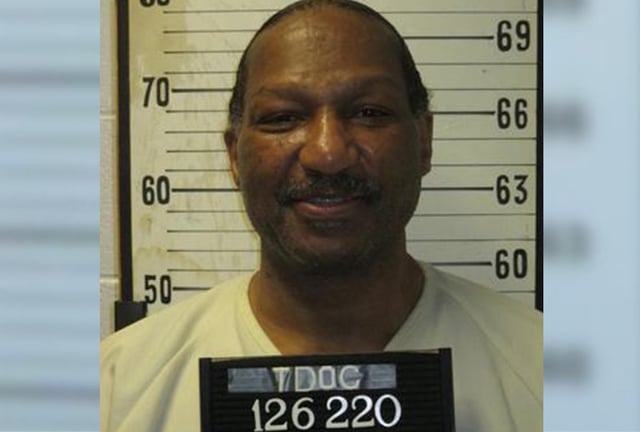Overview
- Byron Black, 69, died by lethal injection at 10:43 a.m. CDT at Riverbend Maximum Security Institution in Nashville on August 5, marking Tennessee’s second execution since resuming in May after a five-year pause.
- The Tennessee Supreme Court overturned a trial court order on July 31 to deactivate Black’s implantable cardioverter-defibrillator, allowing the execution to proceed with the device still operational.
- Last-minute appeals to the U.S. Supreme Court on Eighth Amendment grounds and a clemency petition to Governor Bill Lee were denied on August 4, removing the final legal barriers to his execution.
- Although Black was long declared intellectually disabled and suffered from dementia and brain damage, state courts ruled he could not relitigate competency or disability hearings under a 2021 law.
- The case intensified scrutiny of execution protocols and medical ethics as major health care associations generally bar physician participation in procedures involving inmates with complex medical conditions.



